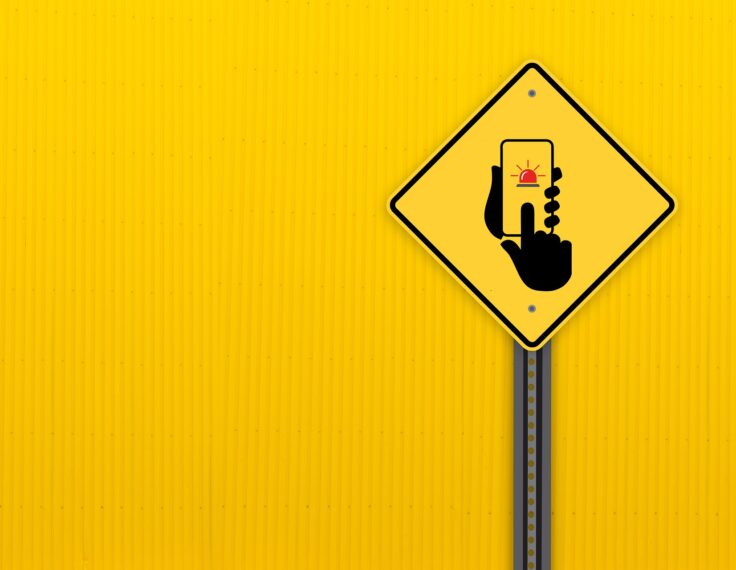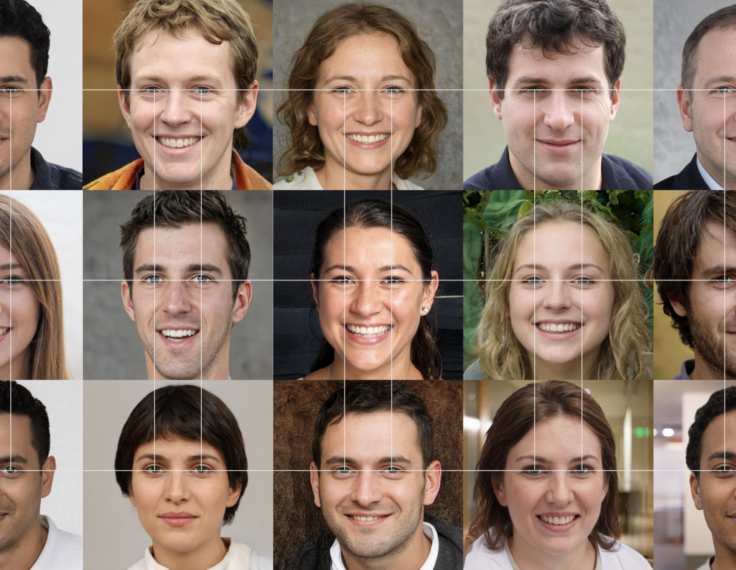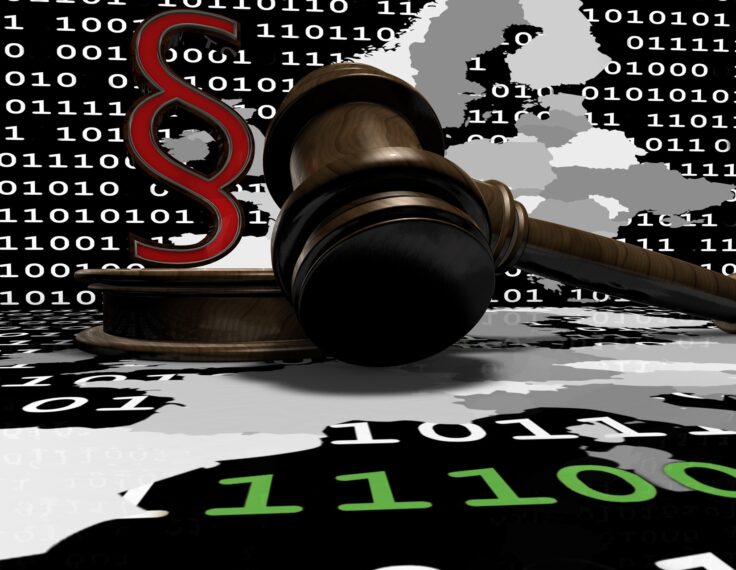Explore All Articles
All Articles
Article Topic

Information control on YouTube during Russia’s invasion of Ukraine
Yevgeniy Golovchenko, Kristina Aleksandrovna Pedersen, Jonas Skjold Raaschou-Pedersen and Anna Rogers
This research note investigates the aftermath of YouTube’s global ban on Russian state-affiliated media channels in the wake of Russia’s full-scale invasion of Ukraine in 2022. Using over 12 million YouTube comments across 40 Russian-language channels, we analyzed the effectiveness of the ban and the shifts in user activity before and after the platform’s intervention.

Contextualizing critical disinformation during the 2023 Voice referendum on WeChat: Manipulating knowledge gaps and whitewashing Indigenous rights
Fan Yang, Luke Heemsbergen and Robbie Fordyce
Outside China, WeChat is a conduit for translating and circulating English-language information among the Chinese diaspora. Australian domestic political campaigns exploit the gaps between platform governance and national media policy, using Chinese-language digital media outlets that publish through WeChat’s “Official Accounts” feature, to reproduce disinformation from English-language sources.

The unappreciated role of intent in algorithmic moderation of abusive content on social media
Xinyu Wang, Sai Koneru, Pranav Narayanan Venkit, Brett Frischmann and Sarah Rajtmajer
A significant body of research is dedicated to developing language models that can detect various types of online abuse, for example, hate speech, cyberbullying. However, there is a disconnect between platform policies, which often consider the author’s intention as a criterion for content moderation, and the current capabilities of detection models, which typically lack efforts to capture intent.

Journalistic interventions matter: Understanding how Americans perceive fact-checking labels
Chenyan Jia and Taeyoung Lee
While algorithms and crowdsourcing have been increasingly used to debunk or label misinformation on social media, such tasks might be most effective when performed by professional fact checkers or journalists. Drawing on a national survey (N = 1,003), we found that U.S. adults evaluated fact-checking labels created by professional fact checkers as more effective than labels by algorithms and other users. News

Did the Musk takeover boost contentious actors on Twitter?
Christopher Barrie
After his acquisition of Twitter, Elon Musk pledged to overhaul verification and moderation policies. These events sparked fears of a rise in influence of contentious actors—notably from the political right. I investigated whether these actors did receive increased engagement over this period by gathering tweet data for accounts that purchased blue-tick verification before and after the Musk takeover.

A survey of expert views on misinformation: Definitions, determinants, solutions, and future of the field
Sacha Altay, Manon Berriche, Hendrik Heuer, Johan Farkas and Steven Rathje
We surveyed 150 academic experts on misinformation and identified areas of expert consensus. Experts defined misinformation as false and misleading information, though views diverged on the importance of intentionality and what exactly constitutes misinformation. The most popular reason why people believe and share misinformation was partisanship, while lack of education was one of the least popular reasons.

Research note: This salesperson does not exist: How tactics from political influence operations on social media are deployed for commercial lead generation
Josh A. Goldstein and Renée DiResta
Researchers of foreign and domestic influence operations document tactics that frequently recur in covert propaganda campaigns on social media, including backstopping fake personas with plausible biographies or histories, using GAN-generated images as profile photos, and outsourcing account management to paid organizations.

Measuring the effect of Facebook’s downranking interventions against groups and websites that repeatedly share misinformation
Emmanuel M. Vincent, Héloïse Théro and Shaden Shabayek
Facebook has claimed to fight misinformation notably by reducing the virality of posts shared by “repeat offender” websites. The platform recently extended this policy to groups. We identified websites and groups that repeatedly publish false information according to fact checkers and investigated the implementation and impact of Facebook’s measures against them.

Self-regulation 2:0? A critical reflection of the European fight against disinformation
Ethan Shattock
In presenting the European Democracy Action Plan (EDAP) in 2020, the European Commission pledged to build more resilient democracies across the EU. As part of this plan, the Commission announced intensified measures to combat disinformation, both through the incoming Digital Services Act (DSA) and specific measures to address sponsored content online.
